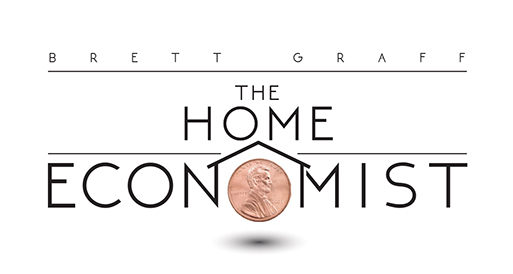 The bombings in Boston are opening everyone’s hears and wallets. And that’s exactly why fake charities are springing up overnight. The government’s Federal Trade Commission has compiled a checklist to insure our good money goes to great causes.
The bombings in Boston are opening everyone’s hears and wallets. And that’s exactly why fake charities are springing up overnight. The government’s Federal Trade Commission has compiled a checklist to insure our good money goes to great causes.
Background check charities at: CharityWatch or The Better Business Bureau’s WISE GIVING Alliance.
Ask for detailed information about the charity, including name, address, and telephone number.
Find whether the charity is registered in your state at the National Association of State Charity Officials.
Beware of charities that seem to have been formed overnight. Even if they are legitamate, they probably don’t have the infrastructure that’s really needed to help victims.
Know the red flags of a fake charity. These organizations often can’t provide detailed information about identity, mission, costs, and how the donation will be used. Won’t provide proof that a contribution is tax deductible. Use a name that closely resembles that of a better-known, reputable organization. Use high-pressure tactics like trying to get you to donate immediately, without giving you time to think about it and do your research. Asks for donations in cash or asks you to wire money. Offer to send a courier or overnight delivery service to collect the donation immediately. Guarantee sweepstakes winnings in exchange for a contribution. (By law, you never have to give a donation to be eligible to win a sweepstakes.)
Make sure the charity is eligible tax exempt organization by going to the IRS website. (Know the difference between “tax exempt” and “tax deductible.” Tax exempt means the organization doesn’t have to pay taxes. Tax deductible means you can deduct your contribution on your federal income tax return.)
Call the charity. Find out if the organization is aware of the solicitation and has authorized the use of its name. The organization’s development staff should be able to help you.
Ask what percentage of your donation goes to the charity. (Better Business Bureau guidelines say 65 percent of every dollar should be spent on programs. Don’t believe anyone who says 100 percent of the money goes to victims.)
Never send cash – you don’t know who’s opening the mail and also you can’t then claim the tax deduction.







Leave A Comment